Current MPhil/PhD Candidates
Current MPhil/PhD Candidates
Recent Graduates
Current MPhil/PhD Candidates
Recent Graduates
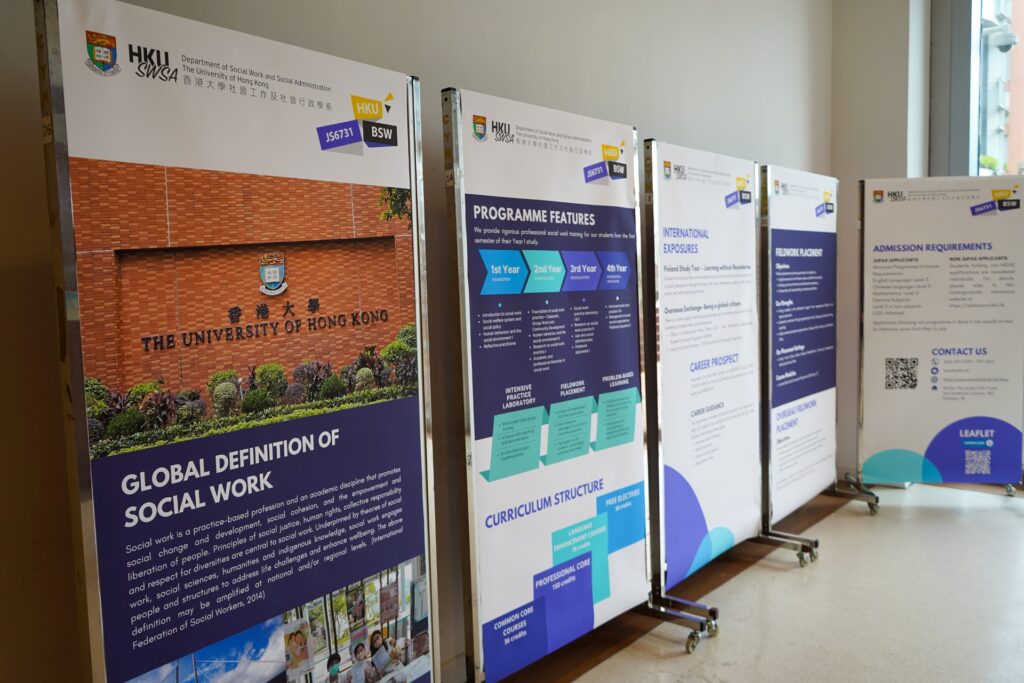

Chairperson Department Research Postgraduate Committee
With a strong commitment to be the leading institution in the region, the Department of Social Work and Social Administration (SWSA) of The University of Hong Kong (HKU) has actively worked to create a multidisciplinary and intellectually inspiring environment to train competent social workers, conduct high-quality research, and accumulate professional knowledge. Built upon a dynamic and robust research culture, the SWSA Department has clustered its research activities into seven major research themes:
Some other topics of interests are:
Our Department is the largest academic department in HKU’s Faculty of Social Sciences and is one of the largest social work educational units in the region. We have 23 faculty members with diverse backgrounds and expertise in research ranging from psycho-social-spiritual intervention to social policy. They collaborate closely with the local community and engage in regional and international research to promote human well-being and good governance through evidence-based social welfare policies. Members of our department are also the directors of three HKU research centres founded to conduct international and community based psychosocial research and to promote the integration between research, teaching, practice and knowledge exchanges. These centres are:
These Centres have been developing studies for innovative intervention which have significant impact on the community, locally and internationally.
Our vision is to encourage students to engage in research projects for the creation of new knowledge and generation of innovative solutions to social problems through the acquisition of advanced research methodologies for socially innovative research and participation in social exposure programmes.
Prof. HO T.H. Rainbow
Professor Lee Yong Gun
Professor Clifton EMERY, Professor Jian GAO, Professor Terry Y.S. LUM, Professor S.M. NG and Professor Chenhong PENG, and Professor Xuejie DING
Tab content goes here...
Tab content goes here...
To equip students for acting as the first line of help, both at work and in their personal lives, for people in need of support before they develop more severe mental health problems.
To add to the resources of practitioners in human services who find themselves in need of further training in the counselling process.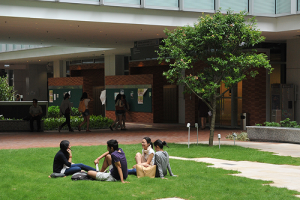
After successful completion of this programme, students should be able to
The Master of Social Sciences in Counselling is a self-funded two / three year part-time postgraduate programme for professionals in the human services, such as social workers, teachers, managers, human resources personnel, medical personnel like doctors, nurses, physiotherapists, occupational therapists, speech and language therapists and other related professionals who are interested in counselling.
Over the years, some of our graduates from the present programme have become members of the Hong Kong Professional Counselling Association.
The MSocSc (Counselling) completed at HKU has been evaluated and recognised by the World Education Services as equivalent to a Master’s degree in the United States.
Depending on individual circumstance (e.g., major in psychology, clinical experience), graduates are able to obtain professional registration or membership in several overseas countries such as the United Kingdom and Australia.
Our department is the largest academic department in HKU’s Faculty of Social Sciences and is one of the largest social work educational units in the region. We have 23 faculty members with diverse backgrounds and expertise in research ranging from psycho-social-spiritual intervention to social policy. They collaborate closely with the local community and engage in regional and international research to promote human well-being and good governance through evidence-based social welfare policies. Members of our department are also the directors of three HKU research centres founded to conduct international and community based psychosocial research and to promote the integration between research, teaching, practice and knowledge exchanges.
Currently, we have 90 postgraduate students (both part-time and full-time), making ours one of the largest postgraduate programs in the faculty and in the University. We have attracted many international students to join our program. Thus far, about 40% of our postgraduates come from prestigious universities in Chinese Mainland, such as Peking University, Tsinghua University, Beijing Normal University, Renmin University, Nanjing University, Fudan and Nankai University. We also have a number of students from the United States, Canada, the United Kingdom, India, Pakistan, Israel, Taiwan, China, Singapore, Turkey and Australia.
Topics of study conducted by our department cover a wide range of issues, including mental health, social policy, deviant behaviour and psychosocial treatment in both local and international contexts. We have also established academic exchange and research activities with many esteemed international universities.
All of our graduates will make a significant impact in their communities. The majority of our graduates have pursued academic careers at prominent universities, including the University of Amsterdam, Copenhagen University, Maryland University, Cornell University, City University of New York, Renmin University, Shanghai University, and Xiamen University.
| Master of Philosophy (MPhil) | |||
|---|---|---|---|
| Full time | Part time | ||
| Probation period: 12 months | Expected completion: 24 months | Probation period: 12 months | Expected completion: 36 months |
| Doctor of Philosophy (3-Year PhD) | |||
| Full time | Part time | ||
| Probation period: 12 months | Expected completion: 36 months | Probation period: 12 months | Expected completion: 54 months |
| Doctor of Philosophy (4-Year PhD) | |||
| Full time | Part time | ||
| Probation period: 24 months | Expected completion: 48 months | Probation period: 24 months | Expected completion: 72 months |
| Master of Philosophy (MPhil) | |||
|---|---|---|---|
| Full time | Part time | ||
| Probation period: 12 months | Expected completion: 24 months | Probation period: 18 months | Expected completion: 36 months |
| Doctor of Philosophy (3-Year PhD) | |||
| Full time | Part time | ||
| Probation period: 12 months | Expected completion: 36 months | Probation period: 18 months | Expected completion: 54 months |
| Doctor of Philosophy (4-Year PhD) | |||
| Full time | Part time | ||
| Probation period: 18 months | Expected completion: 48 months | Probation period: 24 months | Expected completion: 72 months |
3 compulsory courses and 2 elective courses.
Besides completion of a research thesis, students are required to take coursework organized by the Graduate School and their faculties/departments as part of their research training. Course requirement in our department are as follows:
For students admitted in or after 2019-2020
Requirement – 3 compulsory courses and 2 elective courses
| Course Code | Course Title | Compulsory(C)/ Elective(E) |
|---|---|---|
| SOWK7006 | Research Seminars for RPg Students | C |
| SOWK7007 | Social Work and Applied Social Science Research Methods: Theory and Applications | C |
| SOWK7008 | Statistical Methods for the Social Sciences | C |
| 2 elective courses from postgraduate programmes of Departments/ Centres/ Institutes of any Faculties which coincide with the student’s own research areas and disciplines | 2E | |
For students admitted before 2019-2020
Requirment – 2 compulsory courses and 2 elective courses
| Course Code | Course Title | Compulsory(C)/ Elective(E) |
|---|---|---|
| SOWK7006 | Research Seminars for RPg Students | C |
| SOWK7007 | Social Work and Applied Social Science Research Methods: Theory and Applications | C |
| 2 elective courses from postgraduate programmes of Departments/ Centres/ Institutes of any Faculties which coincide with the student’s own research areas and disciplines | 2E | |
For the course requirement of the Graduate School, please visit this link
Click here
Tuition Fee
Click here
| Name | Fields of Interest | |
|---|---|---|
| Professor CAO Y. Sally 曹原 | Mental health (especially anxiety/schizophrenia); Developmental changes (youth/aging); Prosocial behaviors (empathy/theory of mind/helping) | sallycao@hku.hk |
| Professor CHAI L. 柴磊 | Lei Chai’s research explores the social determinants of health and mental health, with a focus on how economic hardship—including food insecurity and perceived financial strain—shapes well-being. He examines how these associations differ across population subgroups, particularly by race/ethnicity and gender. His work also investigates how psychosocial resources—such as community belonging and neighborhood cohesion—mediate and moderate the impacts of economic hardship. Drawing on large-scale survey data from Canada, the U.S., and the U.K., his research contributes to the field of social work, with strong relevance to public health. | lchai@hku.hk |
| Professor CHEUNG H.N. Amy 張浩南 | Cultural study of depression, adolescence mental health and self compassion. | amy.hn.cheung@hku.hk |
| Professor CHEUNG S.L. Ethan 張肇良 | Environmental Gerotnology, Disability, and Dementia Care | escheung@hku.hk |
| Professor CHONG S.K. Eddie 莊兆鈞 | mindfulness, trauma-informed care, stress and resilience processes of historically marginalized populations, diversity-related awareness and efficacy, counseling education and training | echongsk@hku.hk |
| Professor CHOW Y.M. Amy 周燕雯 | Bereavement; end-of-life care; death and dying; life and death education and research self-efficacy | chowamy@hku.hk |
| Professor CHUI H.K. Cheryl 徐曉君 | Social enterprises; social entrepreneurship; nonprofit management; ethnic minorities; volunteerism; international and social development; community empowerment | chkchui@hku.hk |
| Professor DING X. 丁雪洁 | Health inequalities, biodemographic patterns of health, family dynamics and wellbeing, ageing and fertility, quantitative methods. | xjding@hku.hk |
| Professor EMERY C.R. | Domestic violence; child maltreatment; refugees; informal social control | cemery@hku.hk |
| Professor GAO Jian 高見 | Computational social science, Science of science, Network science, Public policy, and Complex systems. | gaojian@hku.hk |
| Professor HO T.H. Rainbow 何天虹 | Dance movement therapy; creative arts therapy; psychophysiology, psycho-oncology; psychosocial intervention; movement analysis; verbal and non-verbal communications; spirituality in counseling and psychotherapy, exercises and health | tinho@hku.hk |
| Professor HUANG Y.T. 黃昱得 | Adolescent mental health; sexual minority youth; immigrant youth and families; intersections of minority identities; epistemology of social work research | yuhuang@hku.hk |
| Professor LAW Y.W. Frances 羅亦華 | Service utilization and access to care, community-based mental health program , social work practice, and , social service evaluation | flawhk@hku.hk |
| Professor LEE J. | Children and Adolescents; Mental and Behavioral Health; School-based Interventions; Social and Emotional Learning; Implementation Science; Measurement; Structural Equation Modeling | leejy@hku.hk |
| Professor LEE Y. G. | Psychosocial determinants of health and well-being; HIV prevention among sexual and gender expansive communities; intersectionality and health equity; community-embedded research | yglee@hku.hk |
| Professor LI K.W. Carrie 李嘉惠 | Intimate partner violence; domestic violence; dating violence; interpersonal violence; juvenile delinquency; criminological theories; gender and culture; interventions and policies; international contexts | li.carrie@hku.hk |
| Professor LI Y. Janice 李燕娟 | Mindfulness-based and self-compassion-based intervention; unified protocol for emotional distress; mechanism of action; bereavement; death and dying. | lyjanice@hku.hk |
| Professor LOU W.Q. Vivian 樓瑋群 | Social gerontology including psychological and spiritual wellbeing; social support; long-term care; family caregiving; and grandparenting; active aging for boomers generation | wlou@hku.hk |
| Professor LU P. 盧佩儀 | Gerontology, aging-related social welfare policies, social determinants of health, health disparity, quantitative methods | peiyilu@hku.hk |
| Professor LU S.Y. Tracy 盧施羽 | Prof. LU’s academic goal is to improve healthy aging in society through various scientific approaches. Prof. LU is eager to explore the social determinants of health in later life and the community-based solutions to respond to those challenges. This is built on three interrelated lines of inquiry: (1) how environmental and social-behavioral factors shape well-being and physical and mental health in later life; (2) community-based innovation (e.g., timebanking) to promote productive engagement of older persons; and (3) economic evaluation and impact assessment of the social innovations to promote healthy aging. | sylu@hku.hk |
| Professor LUM Y.S. Terry 林一星 | Long term care, productive ageing, social policy, gerontology. | tlum@hku.hk |
| Professor PENG C. 彭晨虹 | Social policy, poverty, subjective well-being | chenhong.peng@hku.hk |
| Professor TSE S.K. Samson 謝樹基 | Recovery oriented and strengths-based interventions for individuals affected by mental illness, bipolar disorder, problem gambling | samsont@hku.hk |
| Professor WONG W.C. Paul 黃蔚澄 | Suicidal behaviour across the lifespan; evidence-based practices for mental illnesses and suicidal behavior; information technology and mental illness and mental health; mental health promotion; | paulw@hku.hk |
| Professor YIP S.F. Paul 葉兆輝 | Suicide research and prevention; demography; biostatistics; and population health studies | sfpyip@hku.hk |

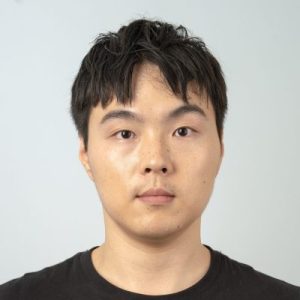


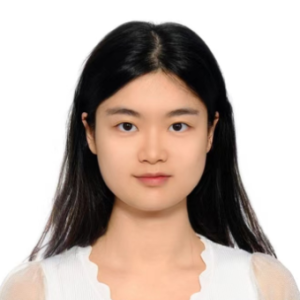
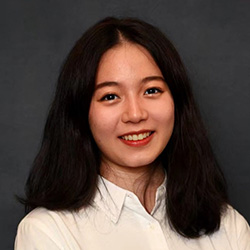
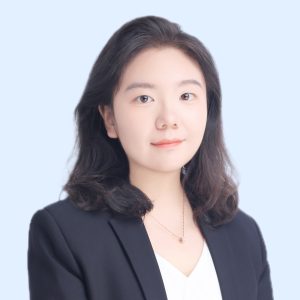
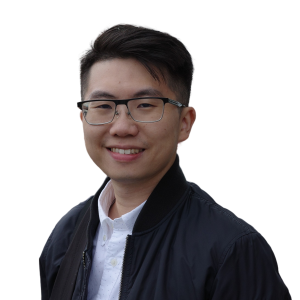
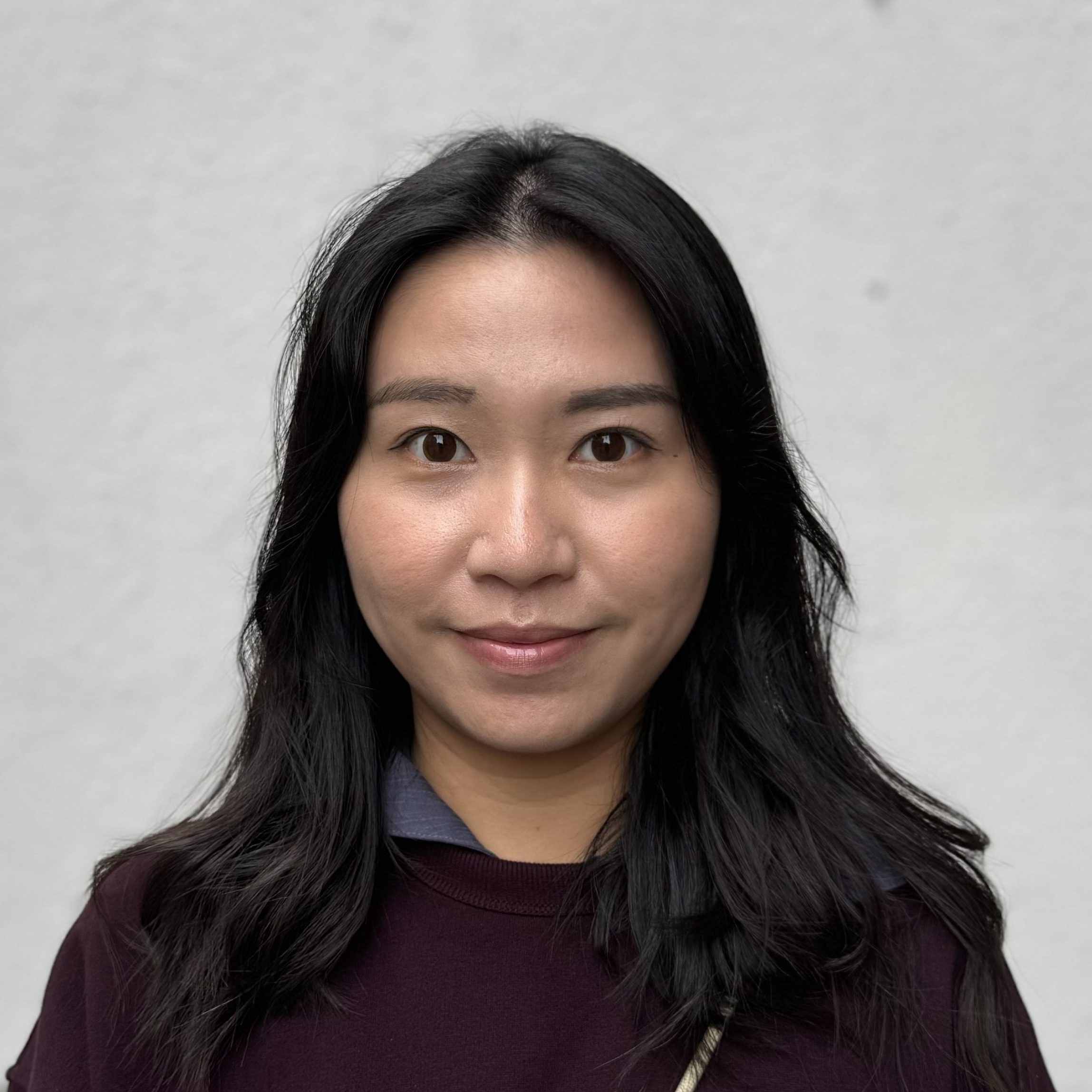


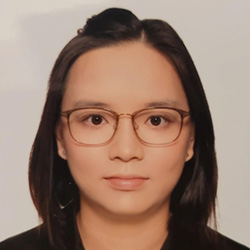
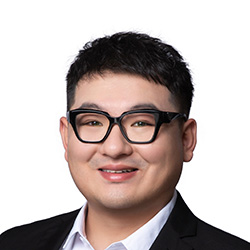
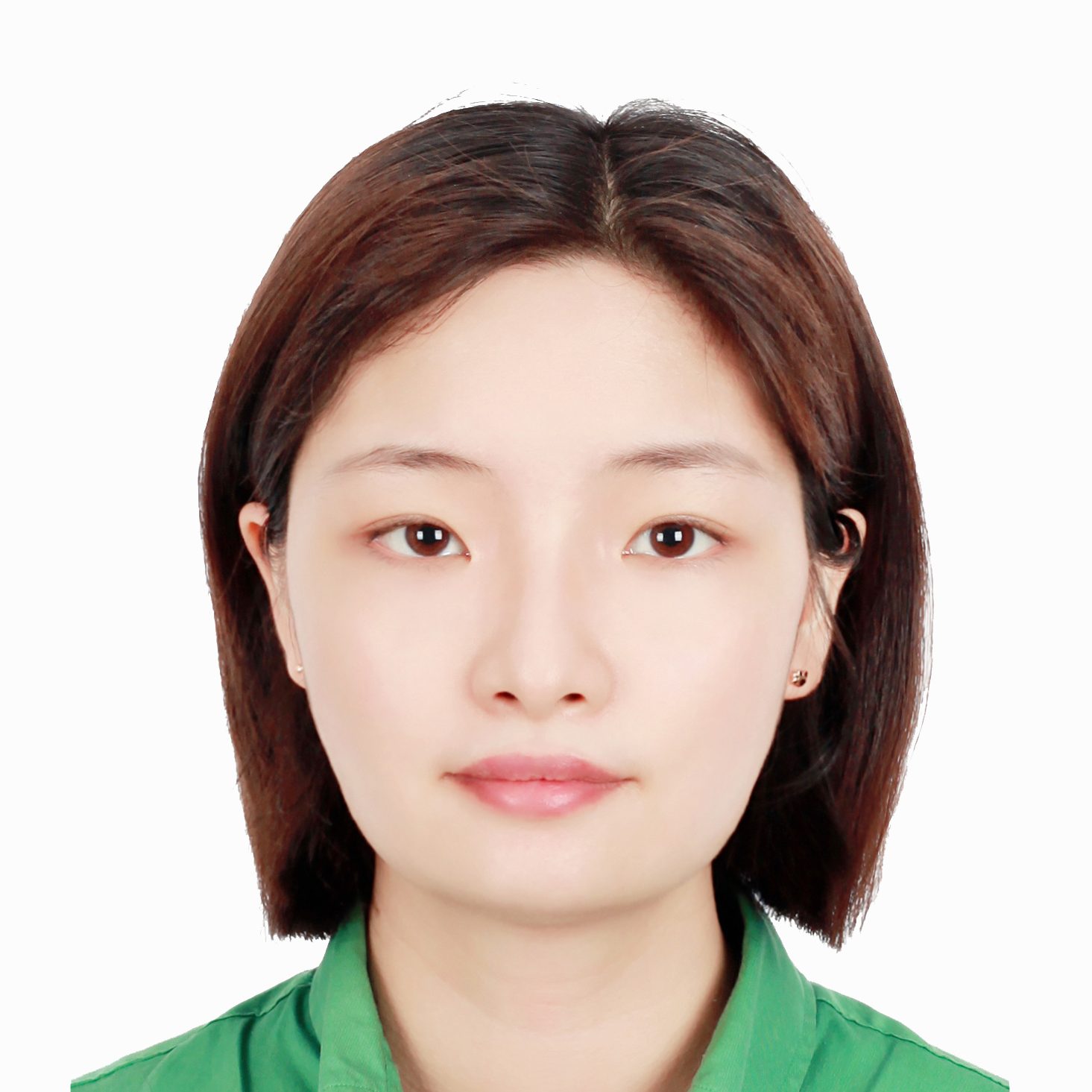
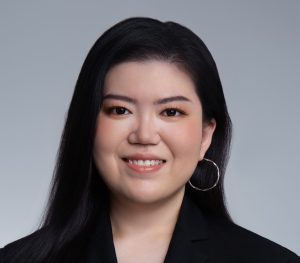


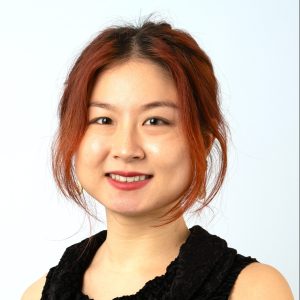
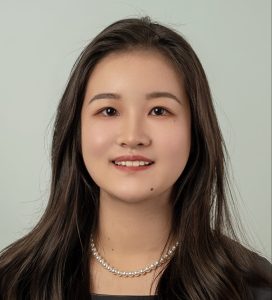


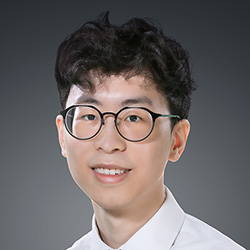
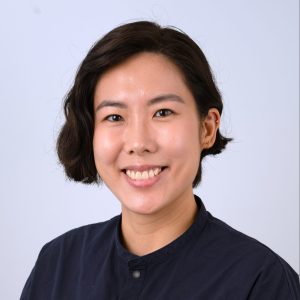
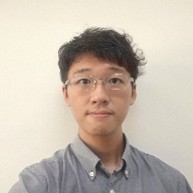

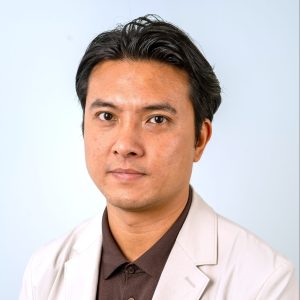
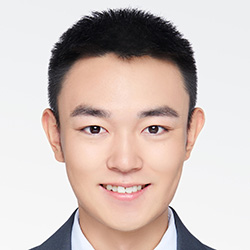
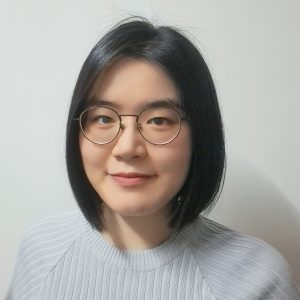

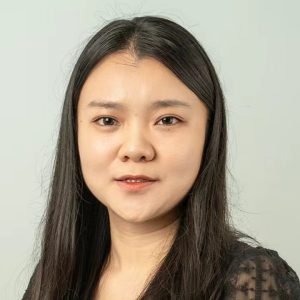
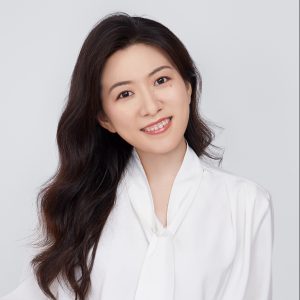
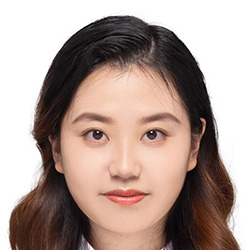
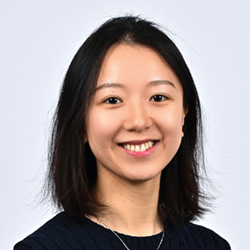


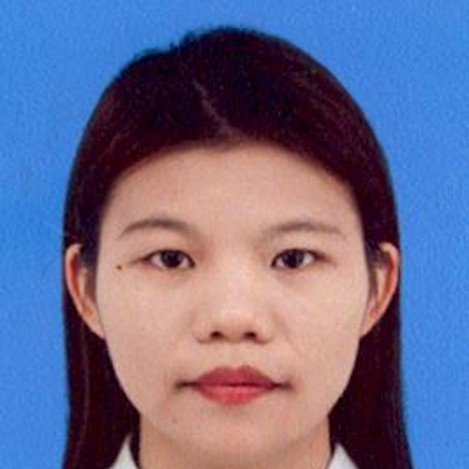
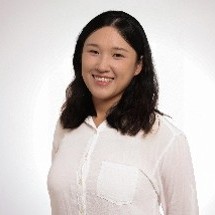
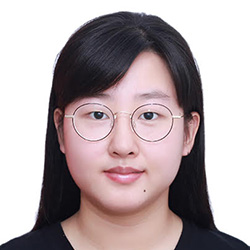



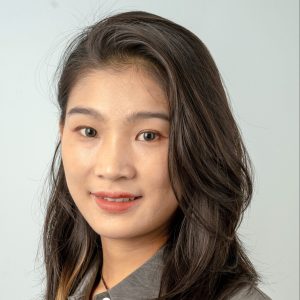
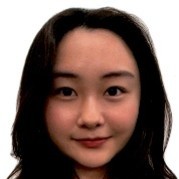


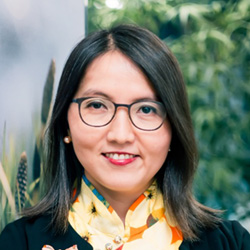
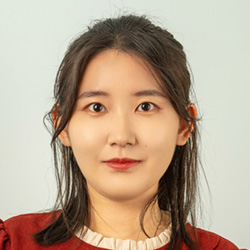


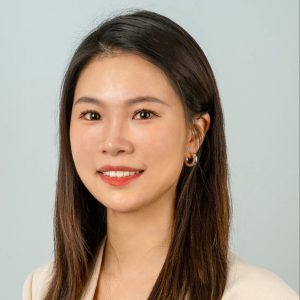
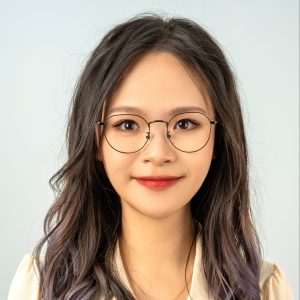
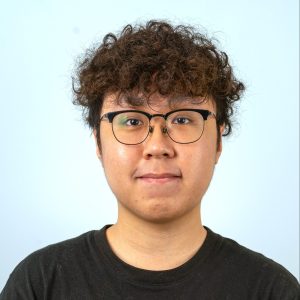

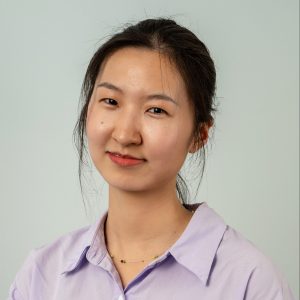
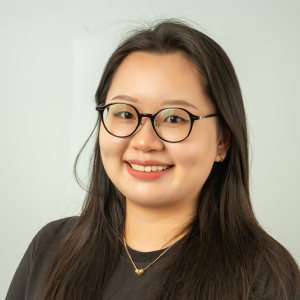
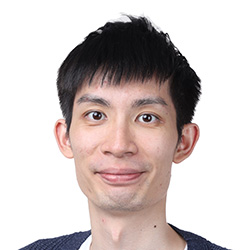
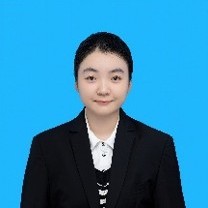

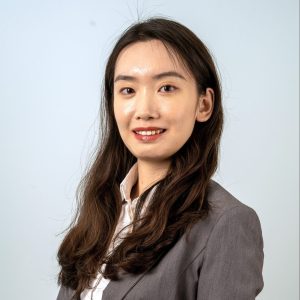
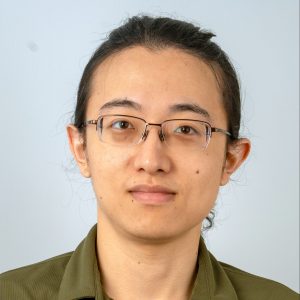
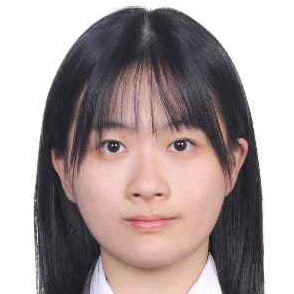


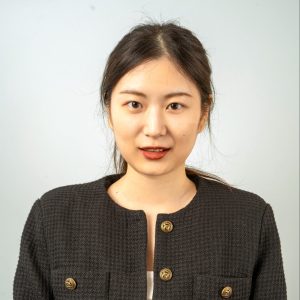
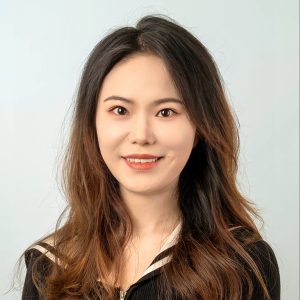
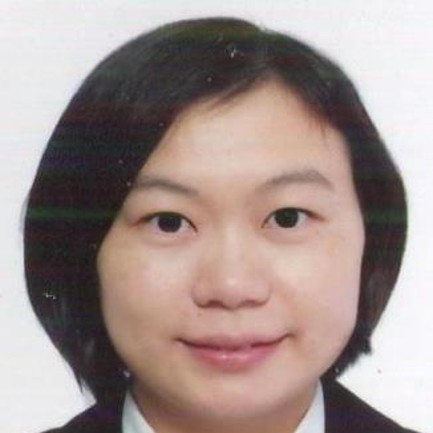
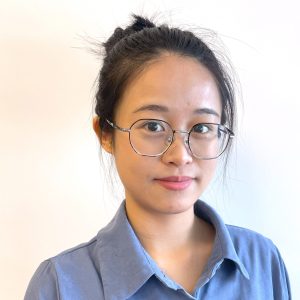


The education system and standard in Hong Kong is well-established providing higher quality of education compared to other countries in Southeast Asia. My two previous master’s degrees were completed in Southeast Asian countries (the Philippines and Thailand). I have always dreamt about achieving my PhD. Similarities in the culture, beliefs, and the living style/standard influences my desire to complete the PhD, the last degree and my biggest dream within Asia. The universities within Hong Kong are among the most selective in the world and HKU has a unique programme within the Social Work and Social Administration department which combines aspects of psychology and applied social sciences at a top global university. In the future, I plan to continue providing mental health care and working in research related mental health in my country working in collaboration with experts within Hong Kong and Asia, and the PhD degree from well-known and high standard institution is very necessary.



I am interested in exploring how people experience embitterment in their suffering, how people can embrace life amid adversity, and transform suffering into resilience, wisdom, and growth. By researching on these shared, yet unique, human experiences of vulnerability and resilience, I wish to be a part of the collective effort in supporting and empowering people who suffer. My experience with the department of SWSA at HKU has been fruitful and insightful. I am encouraged to pursue my passion and interest, and to ponder on how I could contribute to people and society. Comprehensive support, guidance and resources are provided for us to foster our growth, improve our capability, and actualize our potential. In our department, students are inspired to continuously strive for research excellence, have deep compassion for people, and be motivated to translate research into social practices; and this is the kind of researcher I aspire to be!

I am studying towards my PhD at the Department of Social Work and Social Administration, where I found it an exceptionally good fit to pursue my research interests in ageing and health. Currently, my research lies in the field of environmental gerontology. I am fascinated by the complex interplay between individual and environment in everyday life praxis. Through the lens of healthy ageing, I am seeking a deeper understanding of the meaning of age-friendly city by investigating how our physical and social environment can be shaped to promote health and well-being in old age.
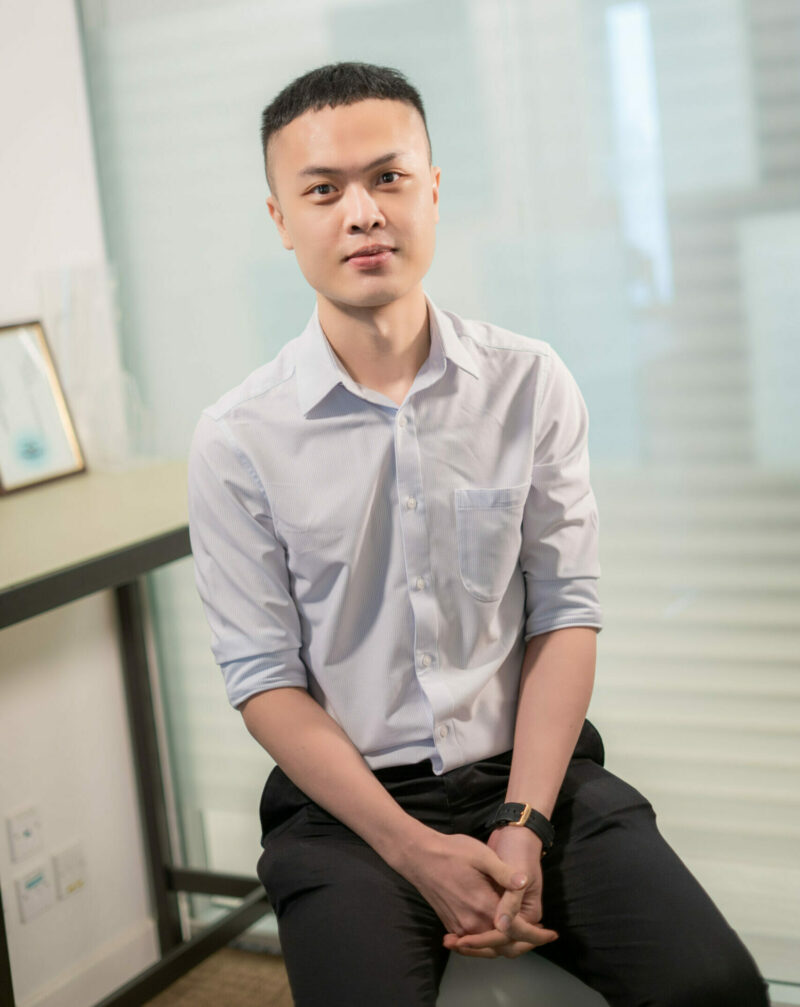

The HKU-PS speaks to me in a very personal way. I originated from a middle-income family in Malaysia that earns just enough to make ends meet. Despite receiving merit-based partial scholarships for my Bachelor degree and Master degree, my family’s financial circumstances was horrifying that I was close to drop out at multiple points. Hence, I am very grateful for the HKU-PS that voids my financial concerns and allows me to focus entirely on my studies. My decision to study at HKU arise after experiencing first-hand clients who were unwittingly pathologized by other mental health professionals. Some mental health professionals would pathologize Asian clients for failing to “individuate” from their nuclear family without understanding the relational norm of the family unit and interpersonal relationships in Asian societies. Similarly, I found relational orientation as an important theme that distinguishes Malaysian gay men’s gay identity construction from the individualism oriented gay identity development models by Western scholars. As I reflect upon my clinical and research findings, I decided to address this glaring gap by proposing a PhD proposal that reads “At the crossroads of gay men and sexual stigma: Finding where it hurts and how to heal” to Dr Huang Yu-Te at HKU. Powerful academic resources, attractive scholarship packages, and the right supervisor who understands my concerns drew me to HKU. Dr Huang Yu-Te, my current primary supervisor completed his PhD at the University of Toronto, is a licensed clinical social worker in Taiwan, China, and he is one of the few scholars in Asia who specialize in LGBTQ research. He resonated with my observations and decided to supervise my PhD research. Professor Daniel Wong Fu Keung who pioneered indigenous adaptation of CBT for Chinese is my co-supervisor. We believe that a problem must be understood in their context to be effectively addressed. We aim to go beyond the current limits of gay-affirmative psychotherapy by incorporating Chinese cultural concepts and understandings to improve the effectiveness of mental health services for Chinese sexual minorities.

Having spent years as a social worker in the frontlines of the local medical and communities, I felt the need to integrate practice and research better to benefit service delivery and community development. The search is crucial for a university that could further develop me into a scholar-practitioner focused on studying grief support within the Asia population. The decision was made to embark on my doctoral study at HKU SWSA because of its long-held commitment to developing innovative solutions to challenging social issues. HKU SWSA also has a stimulating atmosphere facilitated and led by a team of interdisciplinary faculty, as well as a diverse group of research students within its nurturing environment and scholastic ecology. I aim to develop novel ways, under the mentorship of the renowned Professor Amy Chow, to harness the organic power of community and social support for individuals and families experiencing grief.
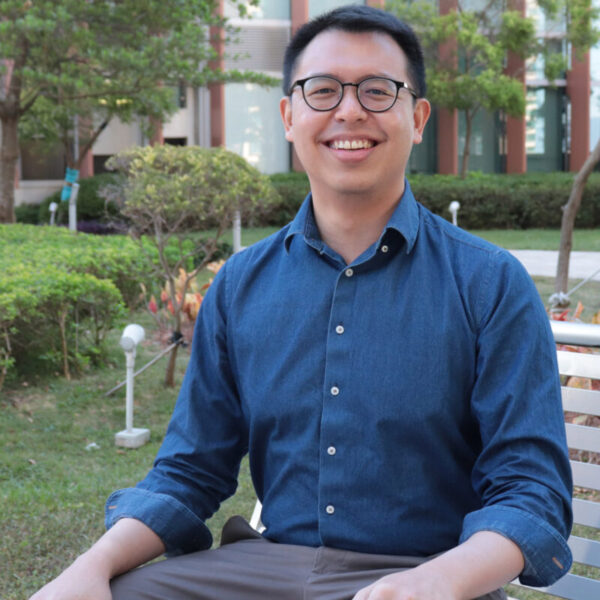


Before coming to HKU SWSA, my social work journey has been lasting seven years. During my BSW and MSW study, I was always passionate to embrace any social needs and challenges. While equipping myself with theoretical knowledge, receiving A-level grades and National Scholarships in schools, I had several social work experiences in different settings, including designing service-learning projects to empower the undergraduates and promote social innovation in the campus; conducting group and community work to improve social inclusiveness of the mentally disabled and elder people; co-founding a NGO and supervising localized projects in the minority area; enhancing the understanding about nonprofit management, organizational governance, crowd-funding, social media promotion and project evaluation in the renowned social organizations such as Shanghai Charity Foundation, NPI and Shegongke Social Innovation Center. Since 2014, I have been trying to balance the roles as both a social work student and a social change maker. Supported and inspired by the pioneers and tutors in colleges and working places, my previous experiences, on the one hand, narrow down my research interests in especially nonprofit management, social innovation and community-based social services; on the other, all the insights further shape my personal goals – to share my stories about social work, influence more promising young generations, and lead them to create better social well-being system, as well as greater social change. While I clearly possessed a drive to become a social work educator, I had no idea how to go further. HKU SWSA met me exactly where I was, by providing a perfect environment for me to learn new academic and practical skills that refine my passion and realize my goal. SWSA combines both international advanced perspectives and localized practical wisdom, which made enormous contributions to and huge impact on the historical development of Chinese social work and social welfare in the past spectacular 71 years since 1950. Considering the distinguished alumni, quality teaching, excellent research output and international impact, HKU SWSA has been the best fit for me to achieve the advanced study. Until now, my experiences here in SWSA has been simply amazing. I have gained so much knowledge about the advanced research methods to improve my own research, the multidisciplinary lens to build broader social network, the fruitful discussions and suggestions from my supervisors, and the abundant opportunities (e.g. student-led journal club, cooperative projects) to communicate with excellent peers, professors and external stakeholders (e.g. local NGOs and social enterprises). SWSA provides a solid learning platform that empowers me to relentlessly pursue my calling in the profession. I appreciate it a lot and will continue keeping the spirit of academic and professional excellence of the department in next decade of social work journey.
The Department has also established different Areas of Excellence (AoE) / research clusters including the following: Aging and gerontology; families, children and youth; family violence and child welfare; gender and sexuality; health and mental health; demography and population studies; social policy, planning and community building. Our RPg students are recommended to join in one of the big groups and engage in different research projects to produce significant impact in the community. In 2015, our students also published journal papers in some of the best journals in the field, such as Journal of Child Psychology and Psychiatry, Australian & New Zealand, Journal of Psychiatry, Ageing and Society, and Journal of Obsessive-Compulsive and Related Disorders. They are also given opportunities to present in many local and international conferences. Some of them have received outstanding best abstracts or presentation awards as recognition of distinguished achievement.
Find more: Research Clusters
The department offers supervision for M.Phil. /Ph.D. candidates in the following sub-disciplines within the field: aging and gerontology; families, children and youth; family violence and child welfare; gender and sexuality; health and mental health; demography and population studies; social policy, planning and community building. The degrees may be taken on either a full-time or a part-time basis. Applicants who have a good Bachelor’s degree with honours and/or a taught Master’s degree will be considered for admission to a 4-year PhD programme, whereas those who already hold a research Master’s degree (e.g. MPhil) will only be considered for admission to a 3-year PhD programme.
Applicants for 4-year PhD programme will be required to follow an approved course of study and research, including coursework on discipline-specific knowledge, language and research skills. The coursework component is well designed to equip students for their research work and thesis writing. Candidates for 3-year PhD programme may also be required to take courses and satisfy coursework requirements. Please click here for details of the coursework requirements.
English requirements of the application:
https://gradsch.hku.hk/prospective_students/application/admission_requirement
Documents for application
A research proposal with 5000-8000 words which can demonstrate your research ability must be enclosed in the application. The quality of the proposal is of paramount importance. Our Department Research Postgraduate Committee will consider your admission based on the quality of the proposal and academic performance.
Here is a guideline for writing a research proposal:
Please scan and upload the proposal with the following documents for our consideration
Information for RPg admission:
https://gradsch.hku.hk/prospective_students/application/how_to_apply
Important notes for online application:
https://gradsch.hku.hk/prospective_students/application/how_to_apply/online_application_system
FAQ regarding RPg admission:
https://gradsch.hku.hk/prospective_students/application/faq_on_application
To check the status of your application, please visit https://extranet.hku.hk/rola/servlet/CreateUserScreen/loginForm.
All candidates with an honours Bachelor’s degree are eligible for PhD and MPhil admission. Please refer to programme description for the expectation of each programme, and admission requirement for the minimum entrance requirement.
Applications for admission to the PhD and MPhil programmes are invited all year round. In view of the limited admission quota, applicants are strongly encouraged to apply in the Main Round as far as possible. Applications will be considered in the clearing rounds only if there are vacancies after the Main Round. Click here for the application period in the latest round.
Applications for admission to the PhD and MPhil programmes are invited all year round. However, the University has a quota for admitting PhD and MPhil students each year. The Main Round application is the first round in which faculties/schools/departments consider applications for the coming academic year.
In view of the limited admission quota, applicants are strongly encouraged to apply in the Main Round as far as possible. Applications will be considered in the clearing rounds only if there are vacancies after the Main Round.
Some faculties/schools/departments may not wait until the application deadline of each round to start the consideration of applications.
Click here to check the support documents needed. All supporting documents should be uploaded to the Online Application System before the respective application deadline. Documents uploaded to the system should not be delivered to the Graduate School by post in duplicate.
After creating an account in the Online Application System, applicants can fill in the application form and upload supporting documents before paying the application fee. If some of the required supporting documents are not available at the time of submission, please upload the documents to the Online Application System once the document is available. The reviewer(s) will consider your application based on the documents submitted and it is your responsibility to provide sufficient information. Documents/information submitted/uploaded after the application deadline may not be considered.
Applicants are required to upload academic transcripts and certificates to the Online Application System. Hardcopies of the documents uploaded to the system should not be sent to the Graduate School again. Applicants may be required to provide certified true copies of academic certificates and official academic transcripts sent from the awarding institutions upon request at a later stage.
An applicant who is seeking admission on the basis of a qualification from a university or comparable institution outside Hong Kong of which the language of teaching and/or examination is not English is required to submit English Language Proficiency Test results. Please click here for the details.
Faculty of Business and Economics applicants are required to demonstrate their capability for graduate studies by obtaining satisfactory scores in the Graduate Management Admission Test (GMAT) or Graduate Record Examinations (GRE), taken within five years. (Institution code: GRE - 2482; GMAT - FS2-WL-48)
Department of Psychology applicants whose first degree is not in Psychology are required to obtain a minimum score of 550 in the GRE Subject Test (Psychology) taken within five years. (Institution code: GRE - 2482)
Application fee for each application is HK$150. You can settle the application fee online by Visa or Mastercard through the Online Application System. Application fee is non-refundable and non-transferable. Payment made via other means (e.g. cash) will not be accepted.
Please note that a waiver of application fee will not be considered.
The HKU Presidential PhD Scholar Programme (HKU-PS Programme) and the Hong Kong PhD Fellowship Scheme (HKPFS) are both entrance scholarships to attract top students from around the world to pursue PhD studies at HKU/HK. The HKU-PS is funded by HKU while the HKPFS is funded by the Research Grants Council of the Hong Kong Government. All HKU HKPFS holders will be awarded the HKU-PS, and receive top-up funding support from HKU. Hence, the packages of the two entrance scholarships are almost identical.
All applicants applying for the full-time PhD programme will be considered for the HKU-PS Programme. The application period of HKPFS is usually from September 1 to December 1 every year. In view of the intense competition, applicants applying for the HKU-PS Programme during the Main Round (1 September – 1 December) are strongly encouraged to apply also for the HKPFS.
Full-time PhD and MPhil students who hold a first degree at second class honours upper division (or equivalent) or above are normally considered eligible for receiving Postgraduate Scholarships (PGS) during the normative study period, subject to availability of funding. The details can be found here.
Please indicate whether you would like to apply for the Postgraduate Scholarship on the application form for admission. There is no separate form for Postgraduate Scholarship application.
The Graduate School will determine the equivalent honours classification based on the marks/grades in the final transcripts. Postgraduate Scholarship (PGS) can be awarded to full-time PhD and MPhil students who hold a Bachelor's degree at second class honours upper division or above, subject to availability of funding.
The Graduate School will inform all applicants of the result of their applications in writing in about three to four months after the closing date of application. Applicants may also check the result via the Online Application System.
You may apply for PhD and MPhil programme in more than one department. Please submit a separate application to each department including full set of supporting documents and pay the application fee for each application. However, each applicant should only submit one application to each department, regardless of the study mode (Full-time/Part-time) and degree (PhD/MPhil).
PhD and MPhil programmes are research postgraduate programmes which focus on research work. Candidates admitted to the Doctor of Philosophy(PhD) and Master of Philosophy(MPhil) programmes will conduct independent research, under the supervision of a dedicated academic or a team of academics leading to the final submission of a thesis. Students are normally required to take around 5 to 10 courses which will be assessed on a pass/fail basis, that aims to equip students with the basic research skills.
Taught master's programmes focus more on coursework although students may also be required to complete a dissertation in some of the programmes. For details, please visit taught postgraduate admission page.
Chairperson Department Research
Postgraduate Committee
